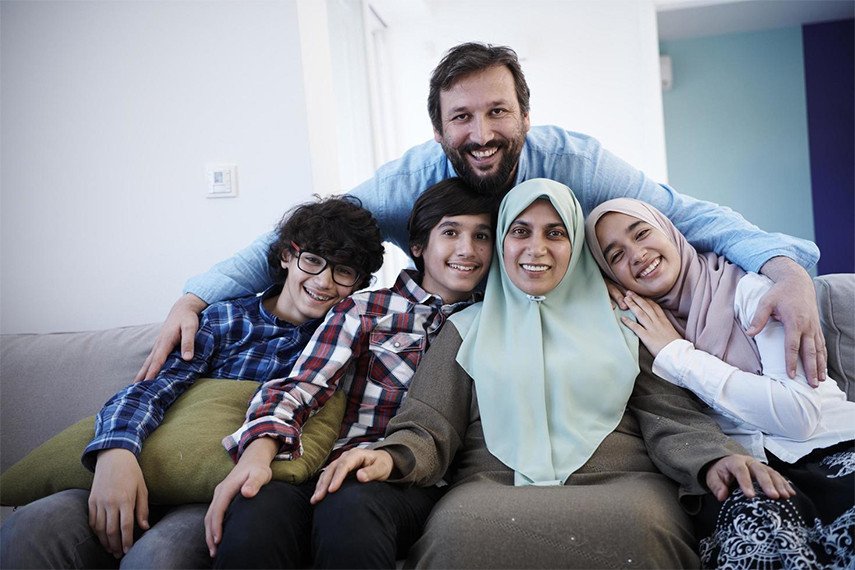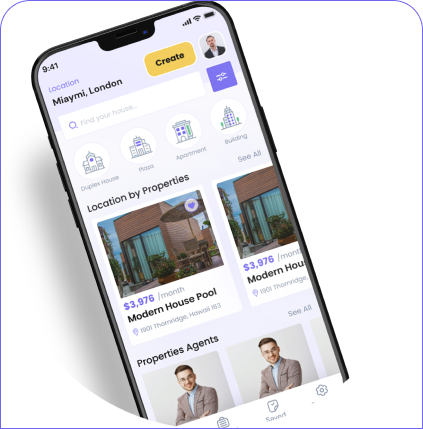
Why Muslim-Friendly Housing Matters: A Guide to Faith Based Living
Finding a home is one of the most important decisions in a person’s life. For Muslims, this decision is not just about location and price but also about finding a place that aligns with their faith and lifestyle. A Muslim-friendly home is more than just a property—it is a space where Islamic values, community, and convenience come together. In this blog, we explore why Muslim-friendly housing is important and what factors to consider when looking for the perfect home.
The Importance of Muslim-Friendly Housing 1. Proximity to Mosques
One of the most significant factors for Muslim families is the availability of mosques nearby. Living close to a mosque allows easy access to daily prayers, Friday congregations, and Islamic events. It fosters a sense of community and makes it easier to practice faith consistently.
2. Availability of Halal Food
For practicing Muslims, access to halal food is crucial. A Muslim-friendly neighborhood often includes halal grocery stores, butchers, and restaurants. This ensures that residents do not have to travel long distances to find food that adheres to Islamic dietary laws.
3. Islamic Schools and Education Centers
For families with children, having access to Islamic schools or madrasas is essential. These institutions provide an environment where children can learn about their religion alongside their regular education, making it easier to instill Islamic values from a young age.
4. Interest-Free Financing Options
Shariah-compliant financing is another key consideration. Conventional loans often involve interest (riba), which is prohibited in Islam. Many Muslim homebuyers look for properties that offer halal financing options, such as Murabaha (cost-plus financing) or Ijara (lease-to-own agreements), to ensure their purchase aligns with their faith.
5. Modest and Family-Oriented Environment
A Muslim-friendly neighborhood typically promotes a modest and family-oriented environment. It offers a sense of security, shared values, and a supportive community where Islamic traditions are respected and upheld.
Key Features of a Muslim-Friendly Home
When looking for a Muslim-friendly home, there are certain features to consider:
-
Prayer Space: A designated prayer room or an area with sufficient privacy for daily prayers.
-
Qibla Orientation: Homes that allow for easy alignment with the qibla for prayers.
-
Wudu Facilities: A home with a spacious bathroom that allows for easy wudu (ablution) before prayers.
-
Privacy: Houses designed with privacy in mind, such as separate entrances or screened outdoor areas for women.

 Jan 31, 2025
Jan 31, 2025 0 Comment
0 Comment

0 Comment